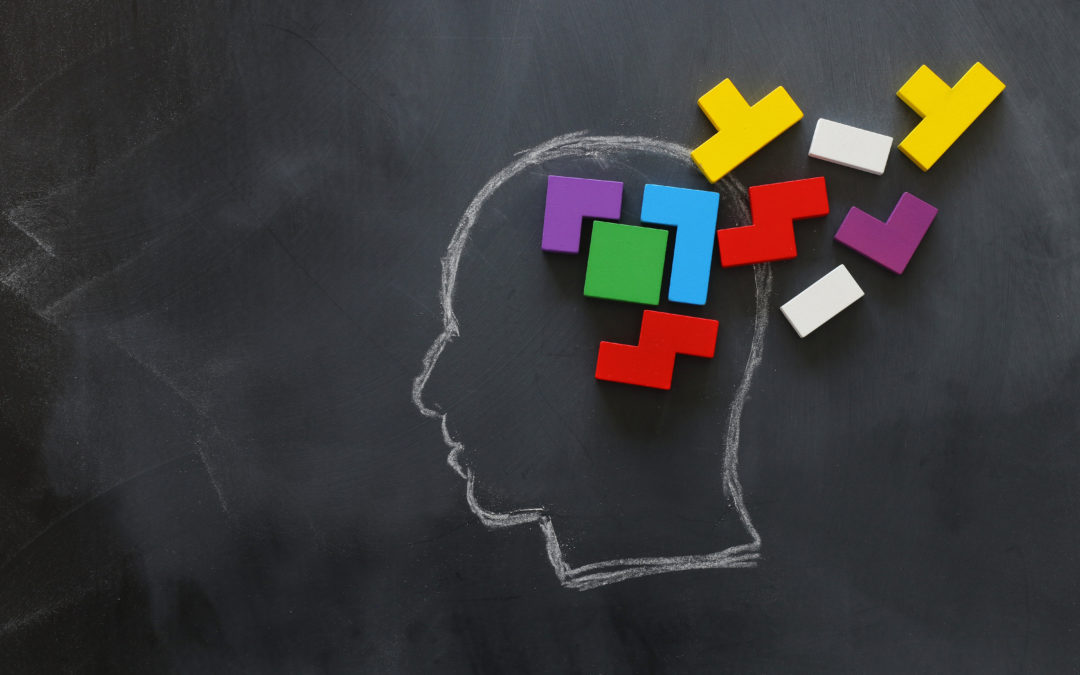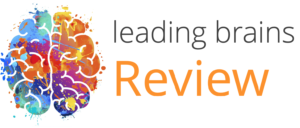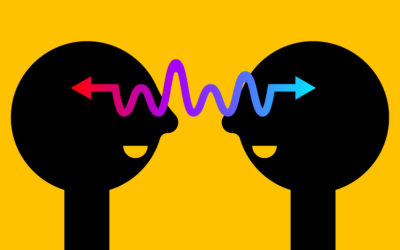
Life’s unfair – as my mother used to say!
Mine too – but that experience as a child, and as an adult, of feeling unfairly treated when a sibling gets a bigger reward, or a reward for doing less than you is interesting.
Interesting – I thought it was obvious?!
Well, no. Old-school economics thought rewards were rewards and disregarded the comparative or social value. So in theory the value of a reward should be judged on the value of a reward: if I get, say, $10, for doing 10 minutes of work I should be reasonably happy with this. But we know that this happiness can be broken if, for example, someone else who didn’t do any work also gets $10.
This means that reward is subjective and comparative. It’s not just getting the $, or whatever the reward is, a compliment, some food, or whatever, but the relative value that is important.
Ok, and how does this work in the brain
Well, that is the point: reward circuitry has been well researched but this subjective valuation is unclear and this is where a group of Japanese researchers at the National Institute for Physiological Sciences come in.
We know of the potential pathways and regions but they managed to manipulate this and change the response in macaque monkeys.
Do macaque monkeys also experience this subjective reward?
Yup, many monkeys (and other animals) are also very sensitive to social comparison and others getting rewards or not – this is a funny video showing a capuchin monkey getting disgusted with their meagre reward because a neighbour got a better reward.
Ok, so what is this circuit?
It is the connection between a region called the medial prefrontal cortex and the lateral hypothalamus. The prefrontal region is associated with cognitive abilities but the medial section particularly with social abilities.
Using drugs the researchers managed to inhibit the connections and effectively disconnect these two regions. With this disconnected the monkeys showed much less responsiveness to unfairness. They therefore valued the reward for what it was irrespective of what others received.
Oh wow – can I get that drug for my children?
Of course not – only for experiments and there could be multiple side effects – not to mention that fairness is important and we should be careful of fairness and aware of fairness in society, in business, and in our homes!
Sound good?
Fair enough!
Indeed!













